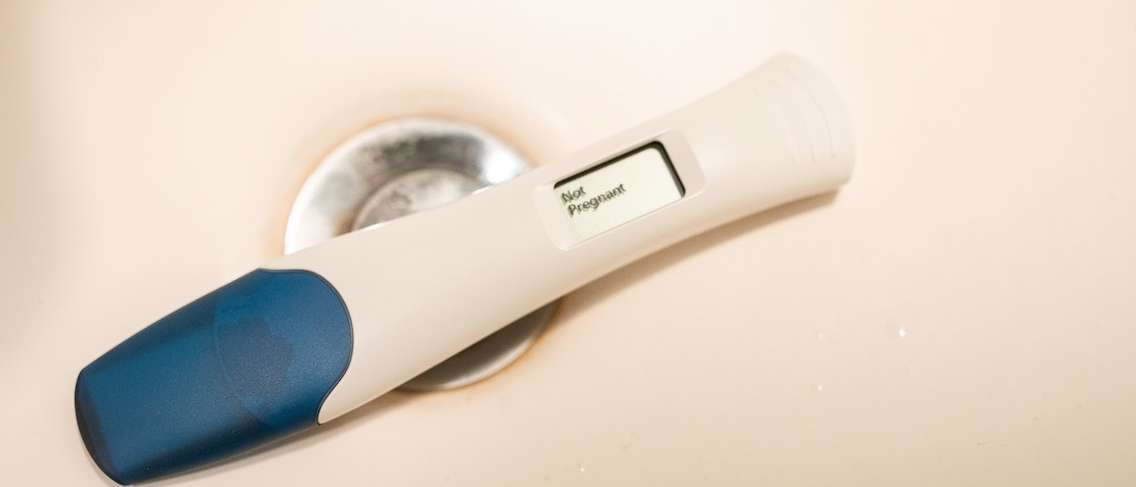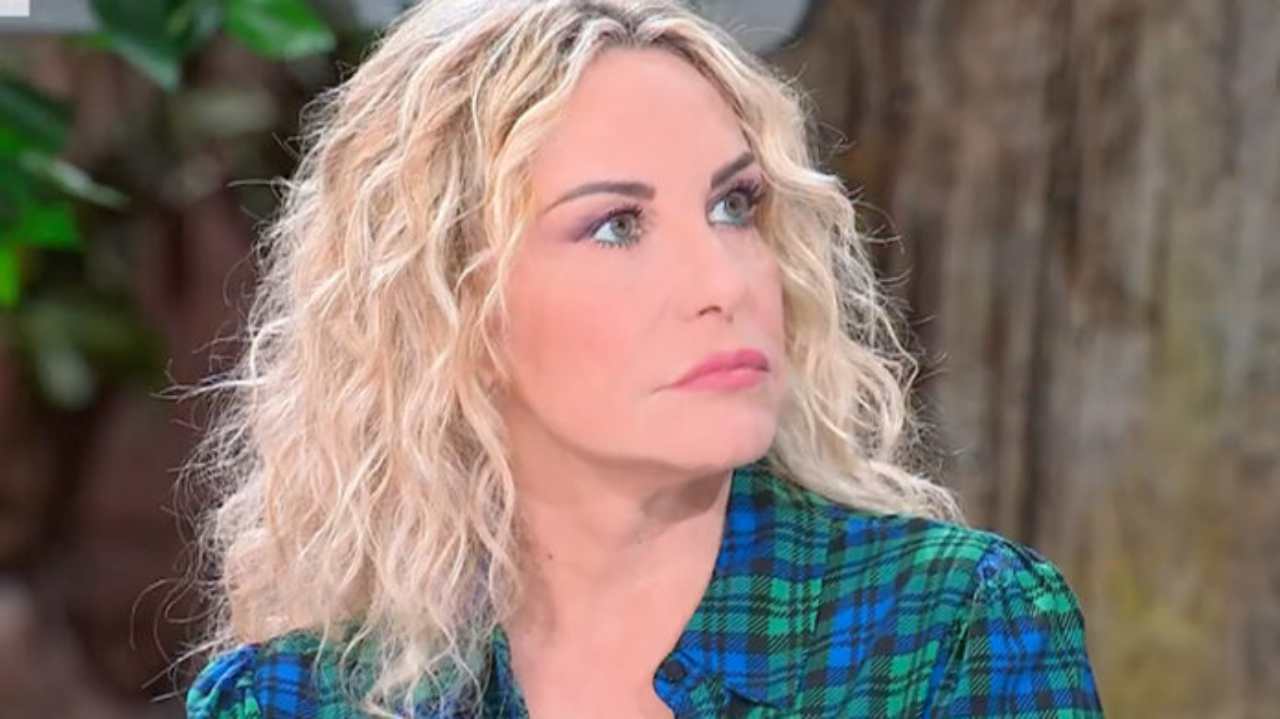Ovulation is the process of releasing an egg from the ovary. The egg that is released is what allows for fertilization when it encounters the sperm when penetration occurs. However, it turns out that not all women experience this ovulation process even if their menstrual periods are regular. This condition is known as anovulation. So, can anovulation make a woman unable to get pregnant? Come on, find out more below!
What is anovulation?
Anovulation is a condition in which an egg cannot be released from the ovary. Usually, ovulation occurs about 12-14 days before the first day of the next cycle. However, in anovulatory conditions, this process does not occur.
If a woman does not ovulate for a year, this condition is also known as chronic anovulation. According to the National Institute of Health, ovulation-related problems, such as anovulation, account for about 30 percent of infertility cases.
Read also: Recognizing the uterine infections that cause infertility
What are the causes of anovulation?
The main cause of anovulation is hormonal imbalance in the body. Keep in mind that numerous hormones are required to trigger ovulation, such as gonadotropin-releasing hormone (GnRH), follicle-stimulating hormone (FSH), and luteinizing hormone (LH).
This hormonal imbalance can be triggered by several conditions, including:
1. Obesity
Excess weight can cause an imbalance of chemical compounds in the body, such as an excess of the androgen hormone, testosterone.
2. Stress
Excessive stress can cause an imbalance of the hormones needed in the ovulation process.
3. First or last menstruation
Anovulation can occur at any time during a person’s menstrual cycle. However, it most often occurs at the time of first menstruation or even close to menopause. This is also caused by a hormonal imbalance.
4. Low body weight or excessive exercise
Excessive exercise or being underweight can negatively impact a woman’s pituitary gland. As a result, the production of LH and FSH will decrease and affect the ovulation process.
5. Not consuming enough calories
Lack of calorie intake can lead to underweight and lead to hormonal imbalances that cause problems with ovulation.
6. KB Hormonal
The hormones in birth control pills can block ovulation.
7. Polycystic Ovary Syndrome (PCOS)
PCOS is a fairly common condition and occurs in about 1 in 10 women of childbearing age. This syndrome can cause anovulation due to excess androgen hormone production so that the ovarian follicles remain small.
8. TSH or prolactin abnormalities
An imbalance in any of these hormones can cause problems with ovulation.
9. Hypogonadism (HA)
This is a condition in which the ovaries produce little or no sex hormones.
10. Ovarian failure
This is a condition where the ovaries stop working before a woman is 40.
Read also: Why is it difficult to get pregnant again? Beware of secondary infertility!
What are the symptoms of anovulation?
Anovulation is usually characterized by several symptoms, such as:
- Irregular menstruation
- Menstrual cycles that are too long or too short
- Small amount of cervical mucus
- Irregular basal body temperature
Although anovulation can be characterized by these symptoms, some women still have normal menstrual periods. When this happens, the doctor usually conducts further tests using certain tools to confirm the diagnosis.
Can anovulatory women get pregnant?
Pregnancy is only possible if the egg is fertilized by a sperm. Therefore, if no egg is produced by the ovulation process, fertilization will not take place. Automatically, pregnancy will not occur.
However, that doesn’t mean there’s no chance. With lifestyle changes and some medications, anovulation can still be managed.
Treatment of anovulation
To treat anovulation, your doctor may suggest some tips that focus on lifestyle changes, such as:
- For women with a high BMI or obesity, the doctor may ask to lose weight with a balanced diet. Likewise, women with too low a body weight. Your doctor will recommend that you gain weight in a healthy way.
- If the anovulation is caused by sports or activities that are too heavy, the doctor will suggest reducing the intensity and frequency of the sports practiced.
- Doing meditation or psychic therapy for women who suffer from anovulation due to stress and anxiety.
In severe cases and where lifestyle improvements are not too significant, the doctor may also prescribe certain types of medications. Commonly prescribed medications include:
- Clomiphene citrate
- Aromatase inhibitor
- insulin sensitizing agent
- Gonadotropin
The last option if even all medical interventions do not produce good results, the doctor will usually recommend the method of in vitro fertilization (IVF) or intrauterine insemination (IUI) to achieve pregnancy. (BAG)
Read also: Infertility, is child adoption the solution?
Reference
Mom Junction. Anovulation: what it is, symptoms, causes and treatment.


